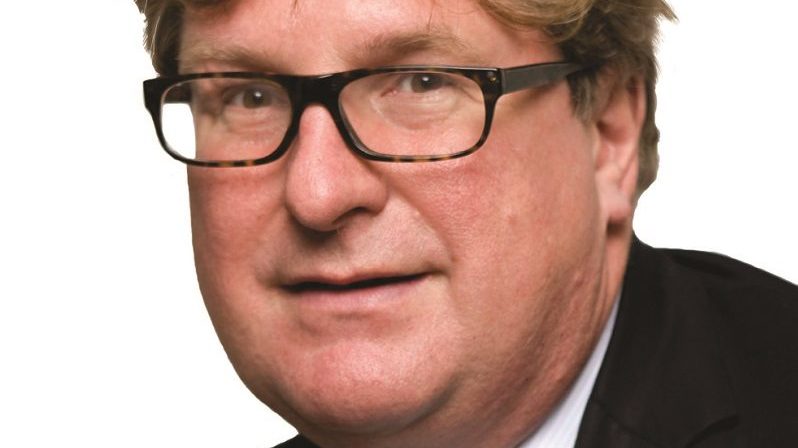Hargreaves Lansdown has criticised an expensive ongoing charge on the Odey Opus fund mere weeks after dropping it from the Wealth 50.
The £220m fund, which is managed by Crispin Odey, has an ongoing charge of 1.22%.
“This fund offers something different to others and it’s managed by an experienced, well-regarded fund manager. But it has a high ongoing fund charge,” said investment analyst Dominic Rowles in a research note, before continuing: “that’s why it’s not currently on the Wealth 50 list of our favourite funds in the major sectors.”
Odey was among the star fund managers dumped by Hargreaves Lansdown when it unveiled its slimmed down buy list this month, which was rebranded from the Wealth 150 to the Wealth 50 to reflect the smaller number of funds in the list.
The Odey Opus fund did not offer Hargreaves a discounted OCF, like seven other funds dropped in the Wealth 50 revamp, including Anthony Cross’ Liontrust Special Situations fund. Richard Buxton and Richard Woolnough were also dropped, although both offered discounted OCF to Hargreaves clients on their respective Merian UK Alpha and M&G Optimal Income funds.
A differentiated, defensive fund
Despite the criticism leveled at its fees, Rowles said Odey Opus could hold up better when markets are weak due to Odey’s bearish take on the end of quantitative easing and the effect of interest rates on leveraged businesses.
“For a while now, Crispin Odey’s thought storm clouds are gathering over the major global economies and a downturn is on the cards,” Rowles said.
He also highlighted that Odey “stands out from the crowd” in his investment approach via overlooked companies, often that have been mismanaged or missed a profit target. “A fund manager can’t perform better than their peers or benchmark by investing the same way,” he said.
Odey Opus performance
| 3 months | 6 months | 1 year | 3 years | 5 years | |
|---|---|---|---|---|---|
| LF Odey Opus | -8.46% | -9.72% | 0.58% | 14.25% | 21.42% |
Source: Hargreaves Lansdown/FE Analytics
Odey’s long-only European fund finally reaped returns in 2018 from its bearish bets on equities and long-dated UK government debt. The fund fell 49.5% in 2016 and 21.7% 2017 and shrunk in size from €2.5bn to €184m between January 2015 and August 2017.
Rowles pointed out performance had been better when markets wobbled in 2018 and highlighted the fund’s 12% cash allocation. “The fund beat the performance of its peers in the IA Flexible Investment sector and performed in line with the broader global stock market.”










